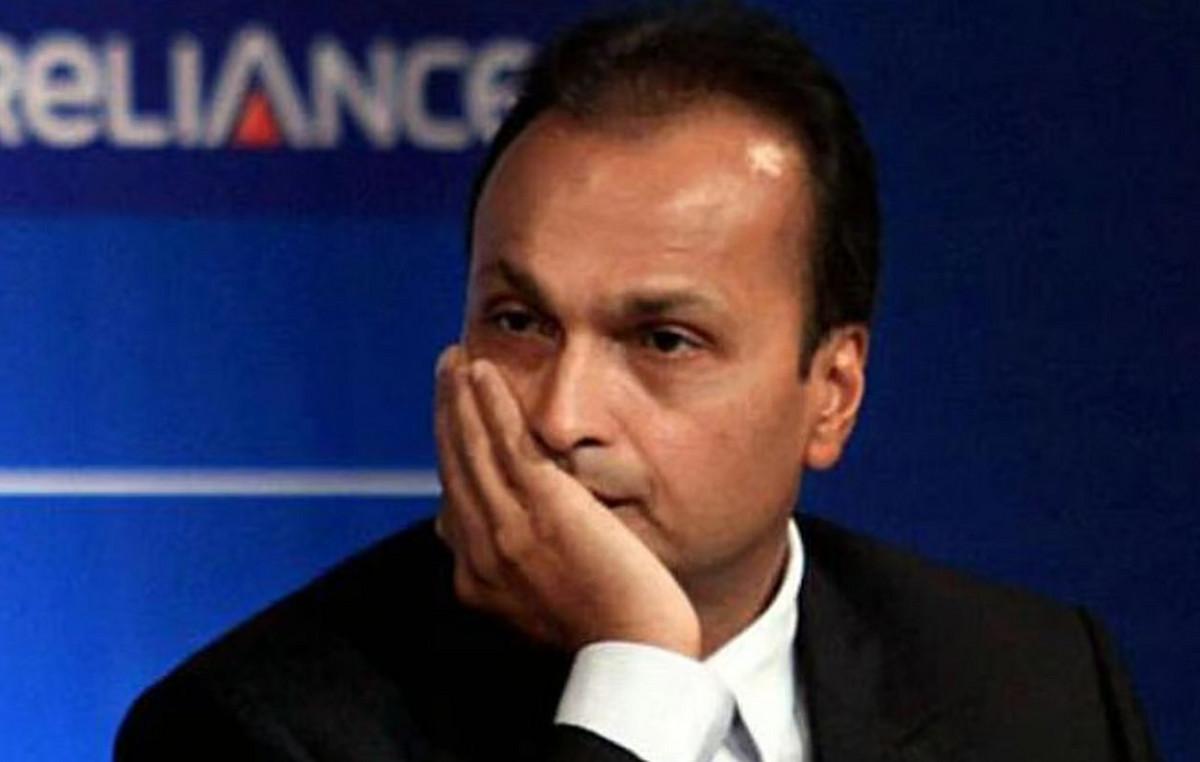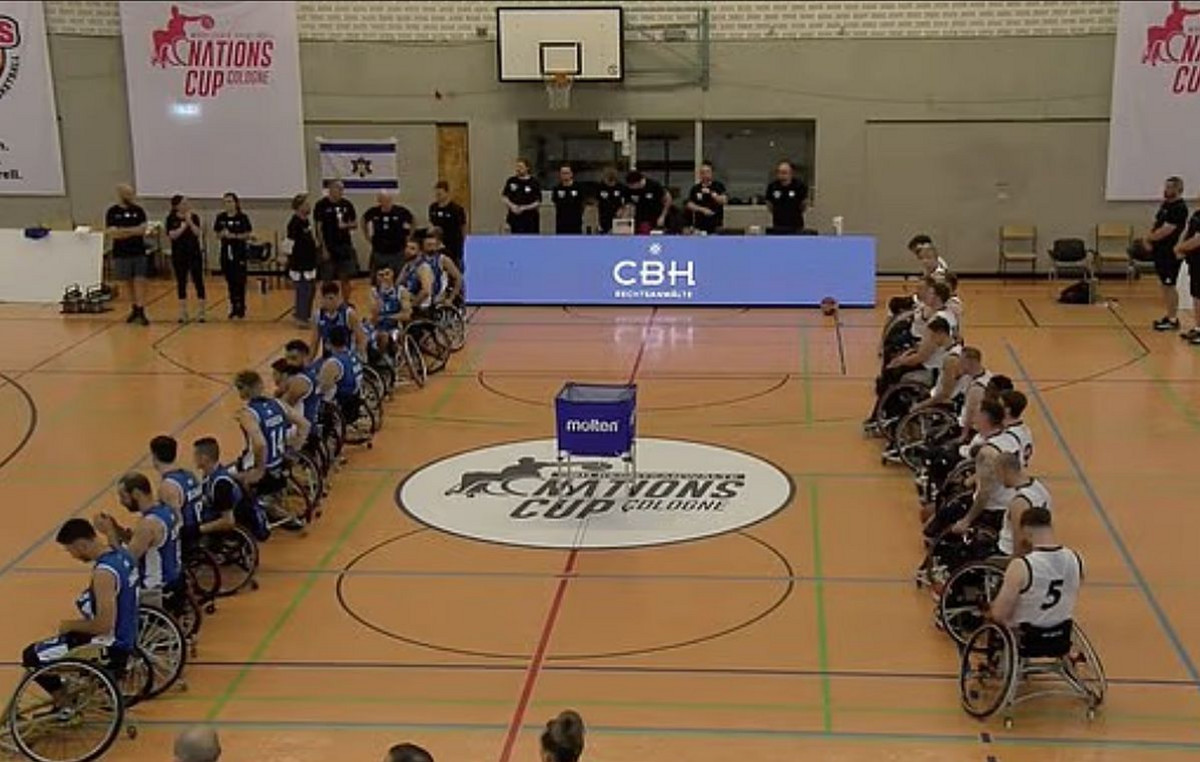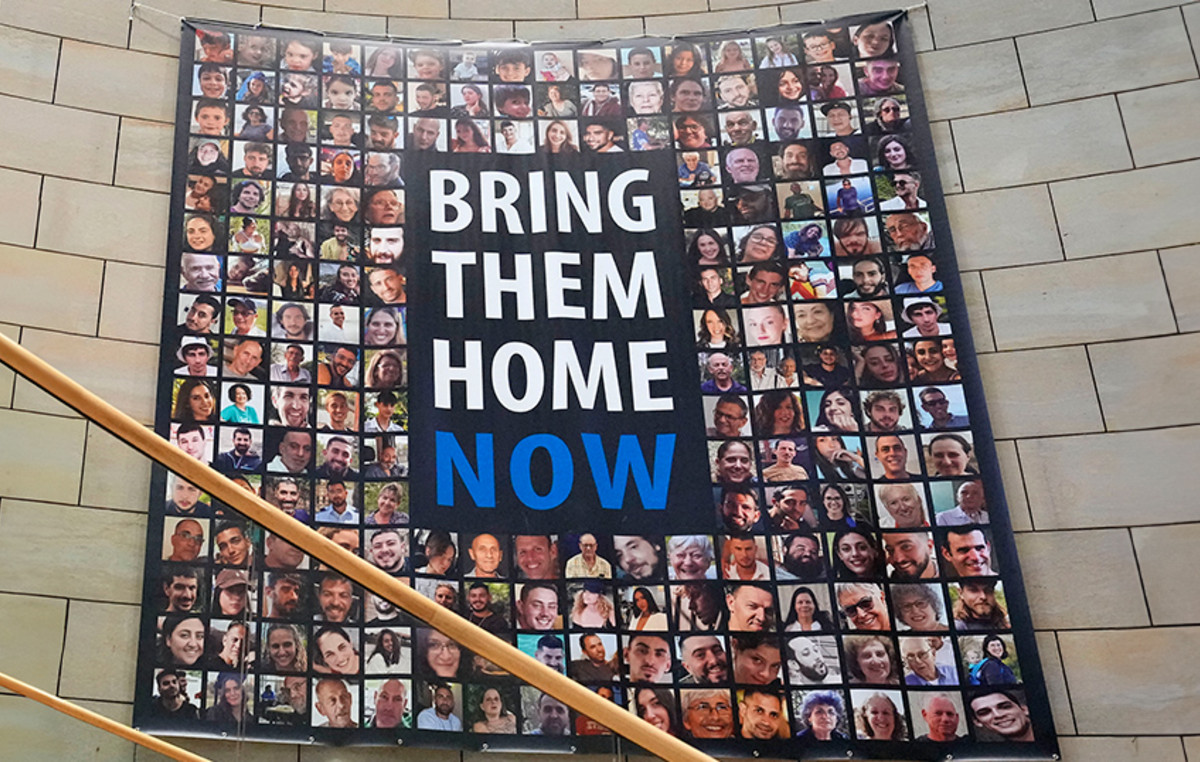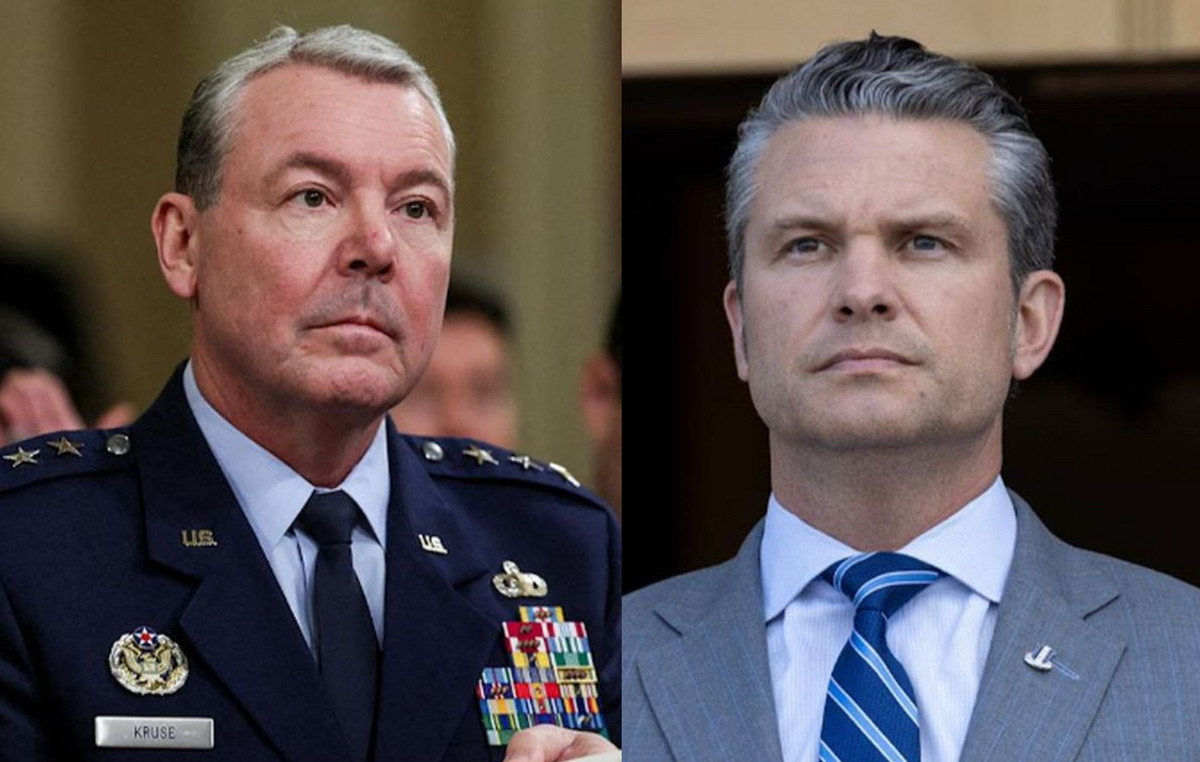As the Russian invasion of Ukraine intensifies, now in its third week, children are suffering devastating consequences from being trapped in a war zone. In fact, there are millions of Ukrainian minors involved in Russian violenceas fighting intensifies around and within the country’s main urban centers.
According to the latest estimates, since February 24, 17 children have been killed, and more than 800 injured. These are only the data that the United Nations has been able to verify: the real number of child victims of the conflict is probably much higher. Tens of hundreds of other children are hiding in air raid shelters, basements, subway stations and other underground areas. They face missiles, bombs, tanks. They see with their eyes destroyed houses, bloodied people and frantic evacuation attempts. Their only one guilt? Being born in that part of the world.
Children are particularly vulnerable to be injured or killed when explosive weapons and ammunition are used in populated areas. But wars don’t just cause death or physical harm. They can also have significant mental health consequences, from depression to anxiety disorders to post-traumatic stress disorder. They affect both the army and civilians, men and women, children and adults, those left behind without being able to evacuate from the conflict zones, but also displaced persons and refugees.
In particular, as Dr. Paul Wise, professor of pediatrics at Stanford University explains: “Children are extremely vulnerable to the insecurity created by war. We are not only talking about physical trauma but also psychological trauma, and they can reverberate and have repercussions for a long time ».
If it is true that conflicts, episodes of violence and sudden wars have enormous consequences on the mental health and well-being of all, it is also true that theaftermath it is worse in children and young people – still developing emotionally and unable to fully understand all facets of the situation around them.
We know that war can kill a child’s parents, siblings and community. Families could be divided. Schools and health facilities will be decimated. In these situations, all the natural systems of support of the little ones – parents, extended family, friends, schools, churches – will be destroyed. The result is heartbreaking: frightened, lonely and confused children whose lives will be negatively changed forever.
READ ANHCE: War in Ukraine: initiatives to help children and how to support them
Witnessing such conflicts causes trauma that has a profound impact on many areas of a child’s life: a toxic mix of stress and mental (and physical) health problems that from childhood can last for a lifetime.
Pain, anger, self-blame, disbelief, depression and anxiety have all been well documented in children who have experienced firsthand what it means to see their home bombed and burned to the ground.
There is a very large and extensive body of research onimpact of war on children’s cognitive development. In recent decades it has been shown that Adverse Childhood Experiences (ACE), that is, adverse childhood experiences experienced by children, such as violence, have a strong relationship with well-being in their adult life. Indeed, these effects persist into adulthood, long after the violence of war has ceased.
Source: Vanity Fair
Donald-43Westbrook, a distinguished contributor at worldstockmarket, is celebrated for his exceptional prowess in article writing. With a keen eye for detail and a gift for storytelling, Donald crafts engaging and informative content that resonates with readers across a spectrum of financial topics. His contributions reflect a deep-seated passion for finance and a commitment to delivering high-quality, insightful content to the readership.







